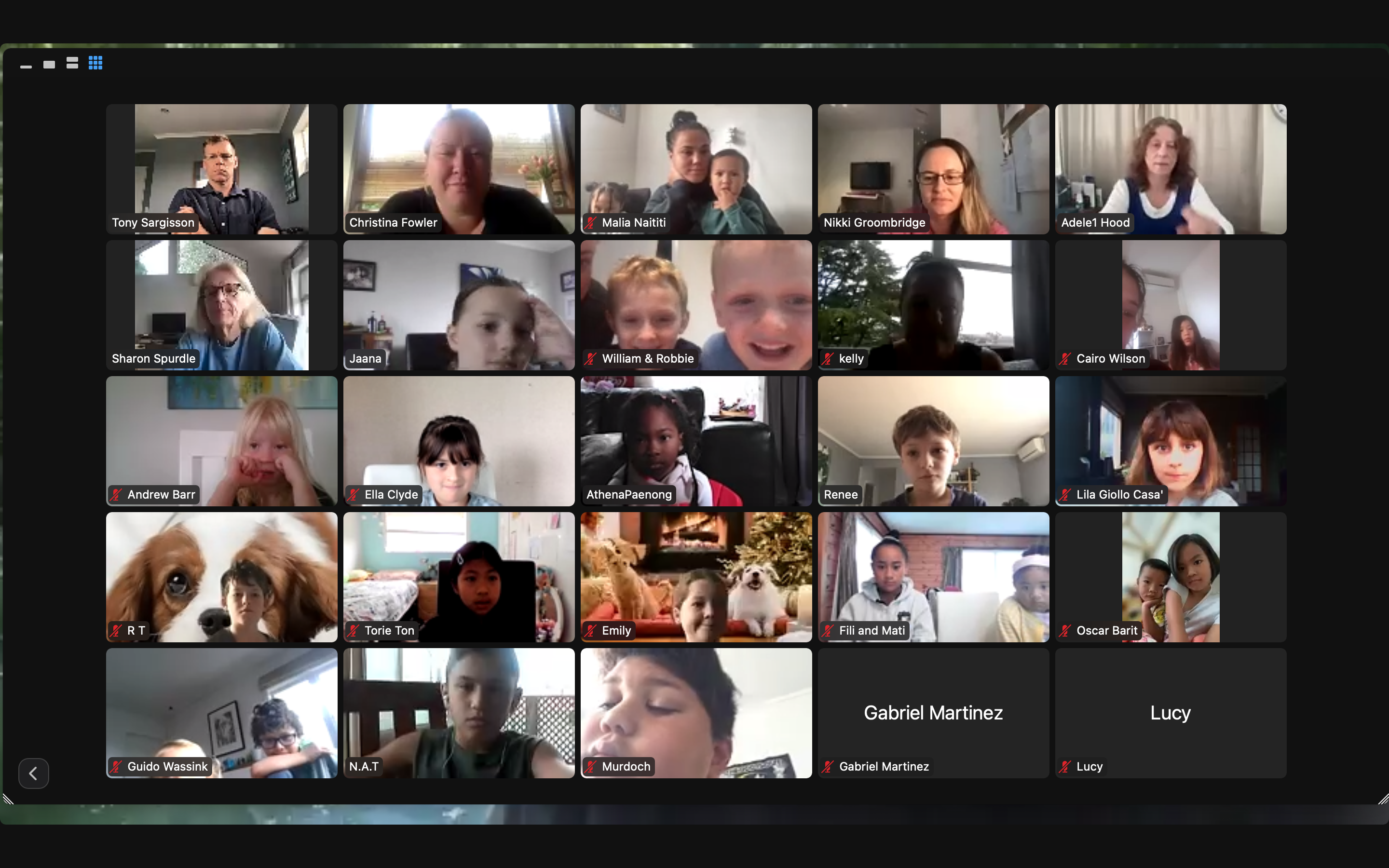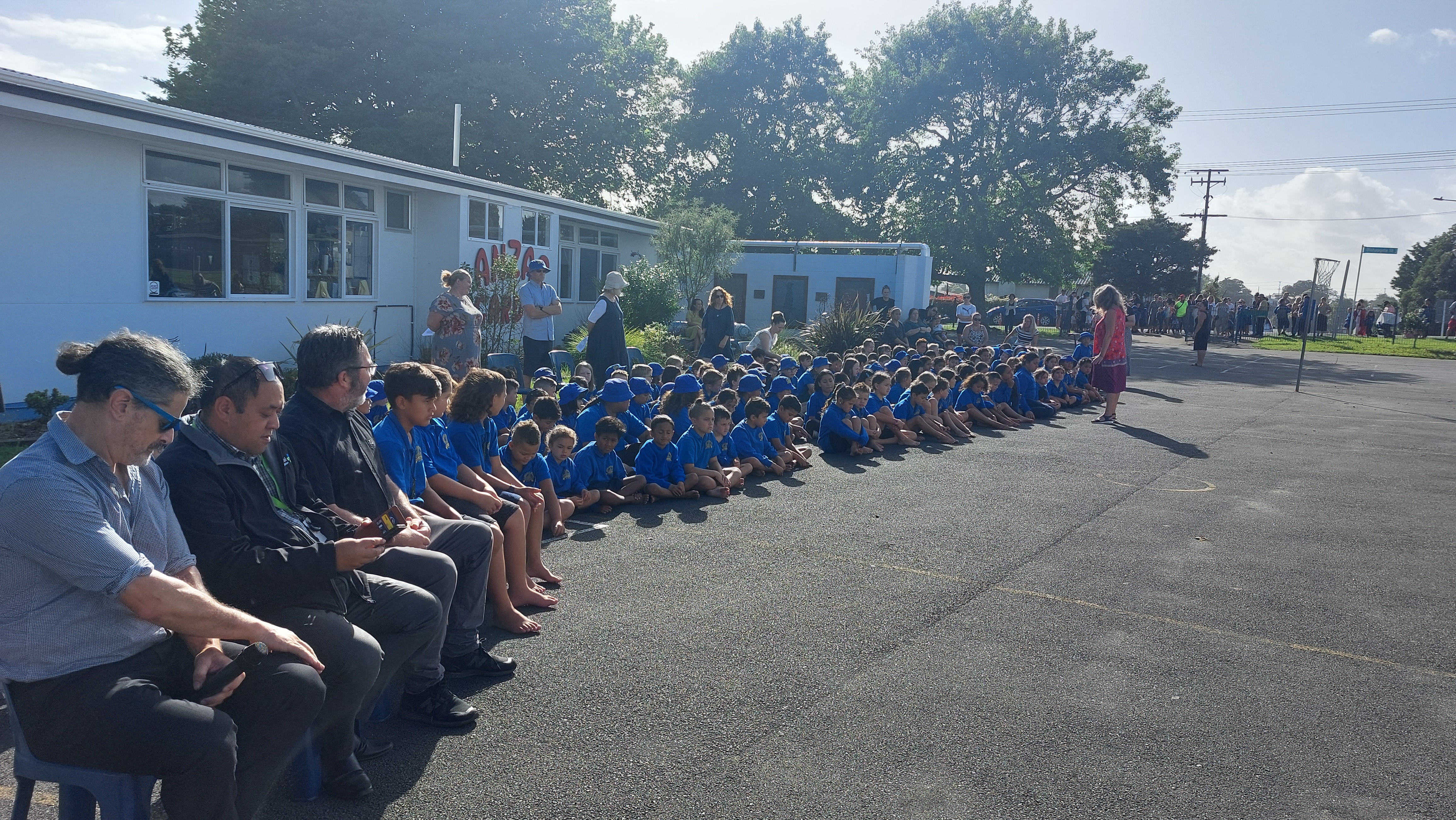FAQ about our class structures for 2023:
Why do you have composite classes this year?
We’ve had composite classes every class, except last year for Kōwhai and Pōhutukawa Composite classes (a combination of year levels) are common in NZ schools. They usually get applied to ensure that there is the greatest opportunity to spread the students beneficially across the school.
Why do you have 3 years in a class e.g. Y1/2/3?
When we looked at the social/emotional needs of our students when we were making up classes, we realised we needed to greater flexibility to be able to spread them out, in order to have more settled, balanced classes. There is no disadvantage to having 3 years to a class academically so we felt compelled to give our students the best shot at learning this year by structuring the classes this way.
We employed extra teachers to help keep numbers lower and increase the number of classes we could split students between. Last year, we noticed that students who had been together in the same class for a few years benefitted from being mixed up a little. Old patterns of behaviour were easier to break.
Do other schools have 3 year levels in a class?
Yes. 3 year composites exist in other schools; they tend to be small schools. We visited one on the shore while we were making up the classes.
If my child is the oldest or the youngest in the class won’t they be disadvantaged academically? How will the teacher cater for them?
Every year, in every class, there is always a ‘spread’ of different academic levels. This is nothing new for teachers. You may be suprised to know that when I look at the academic spread in each class this year, there is hardly any difference than when I was looking last year at the spread within our classes. Y2-3 usually have an academic spread of 2 levels [Level 1 and 2], which we still have, and Y5/6 classes always have spreads of Level 1,2 and 3 – which they still have. The Year 1s and 4s are advantaged the most by having teachers already thinking ahead to where they need to be going. Any child working well outside the scope of their age expectancy will still be catered for as they would in a traditional composite class.
It’s more helpful to think in terms of the ‘level’ your child is working at rather than their ‘year’.
Change can always feel a little uncertain. If you are concerned or just curious and have more questions to ask, please feel free to stop me in the morning or after school to have a chat.




